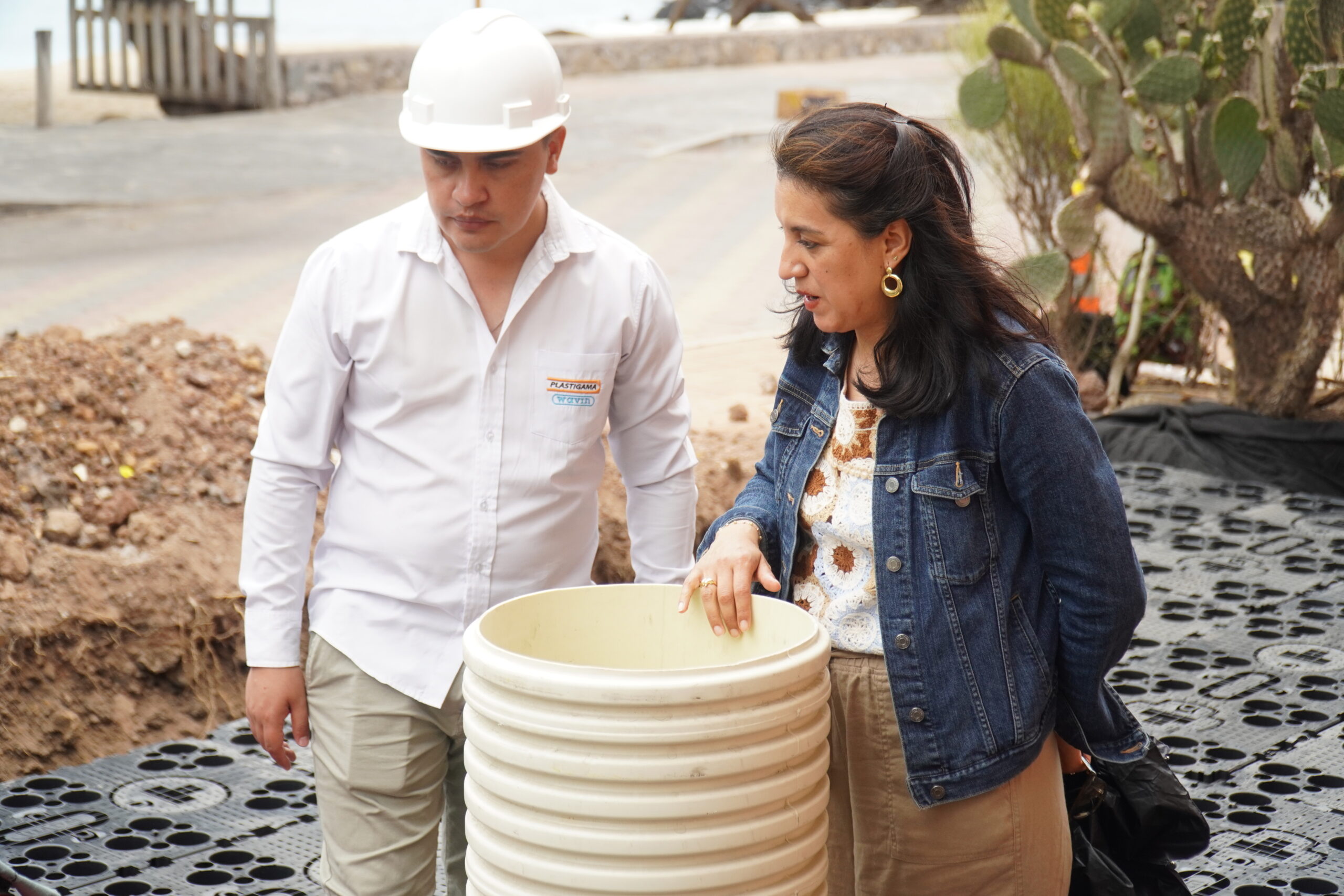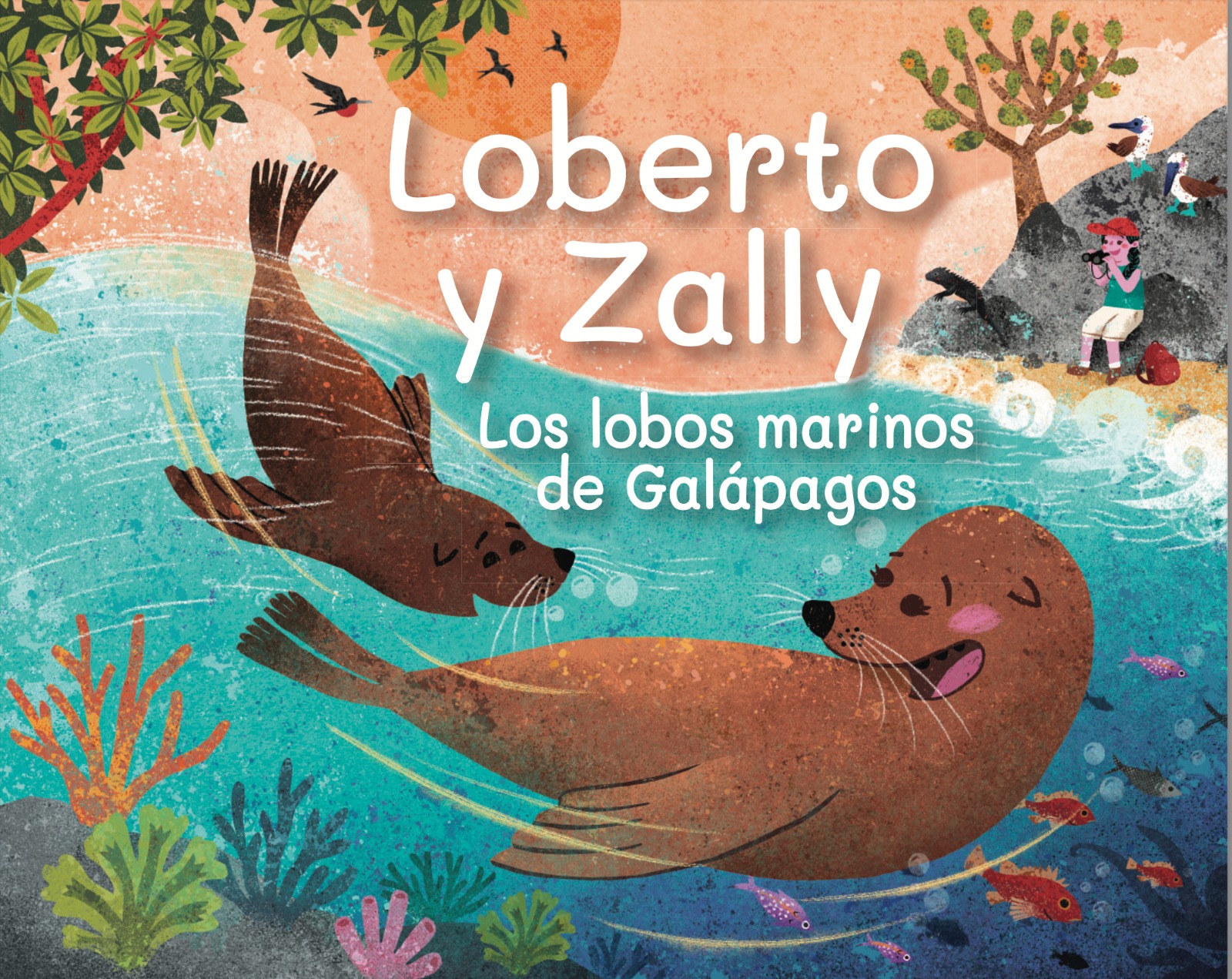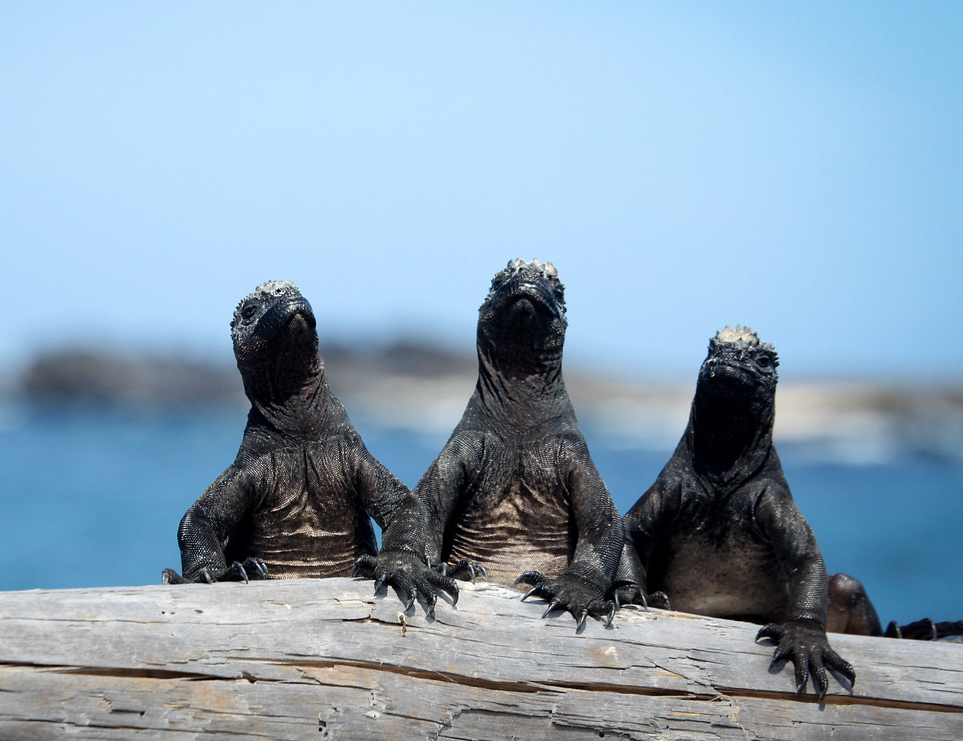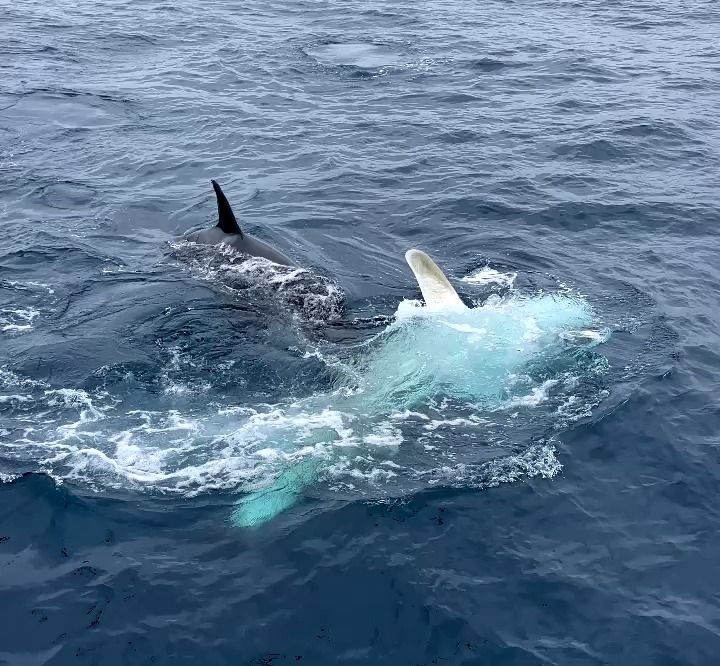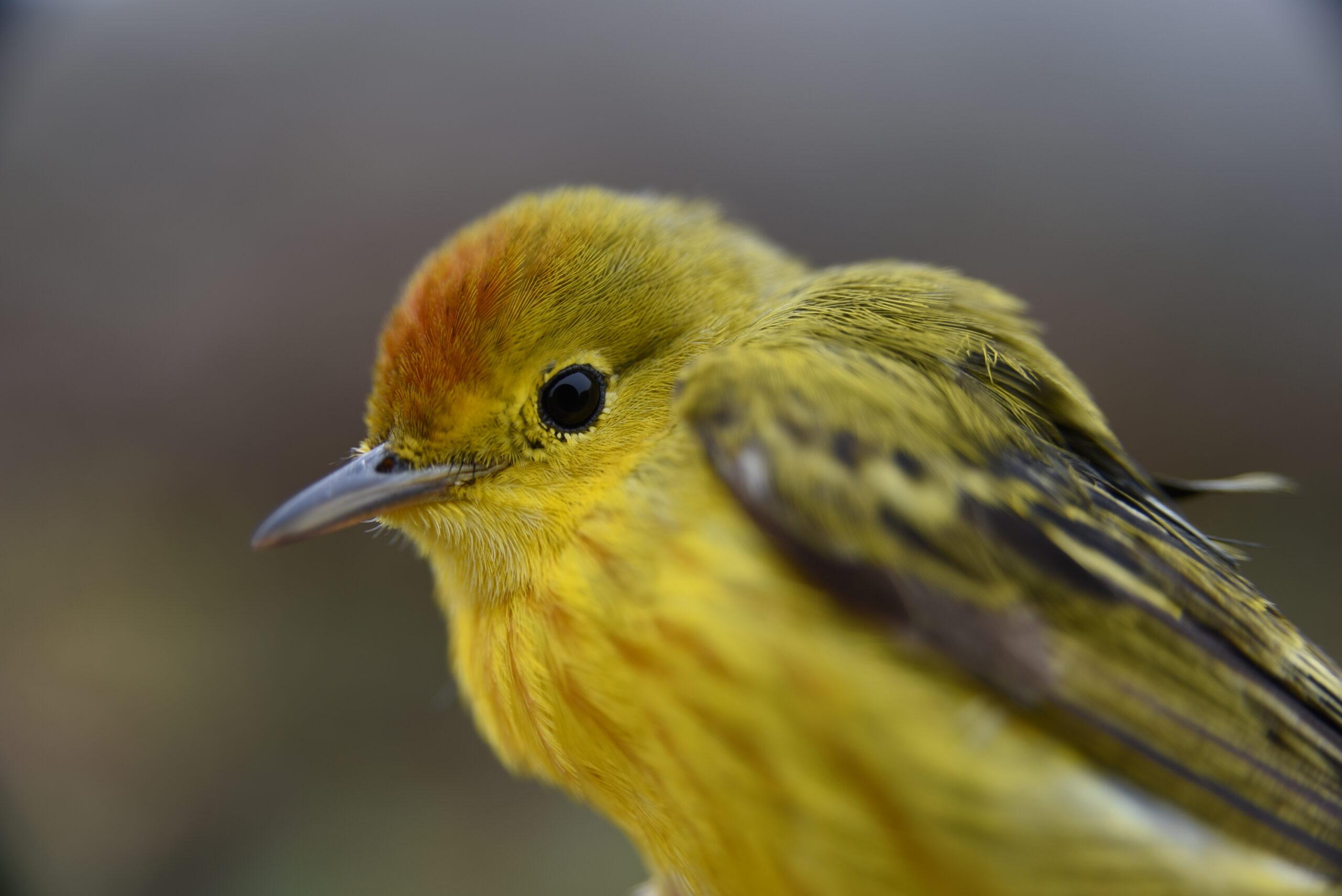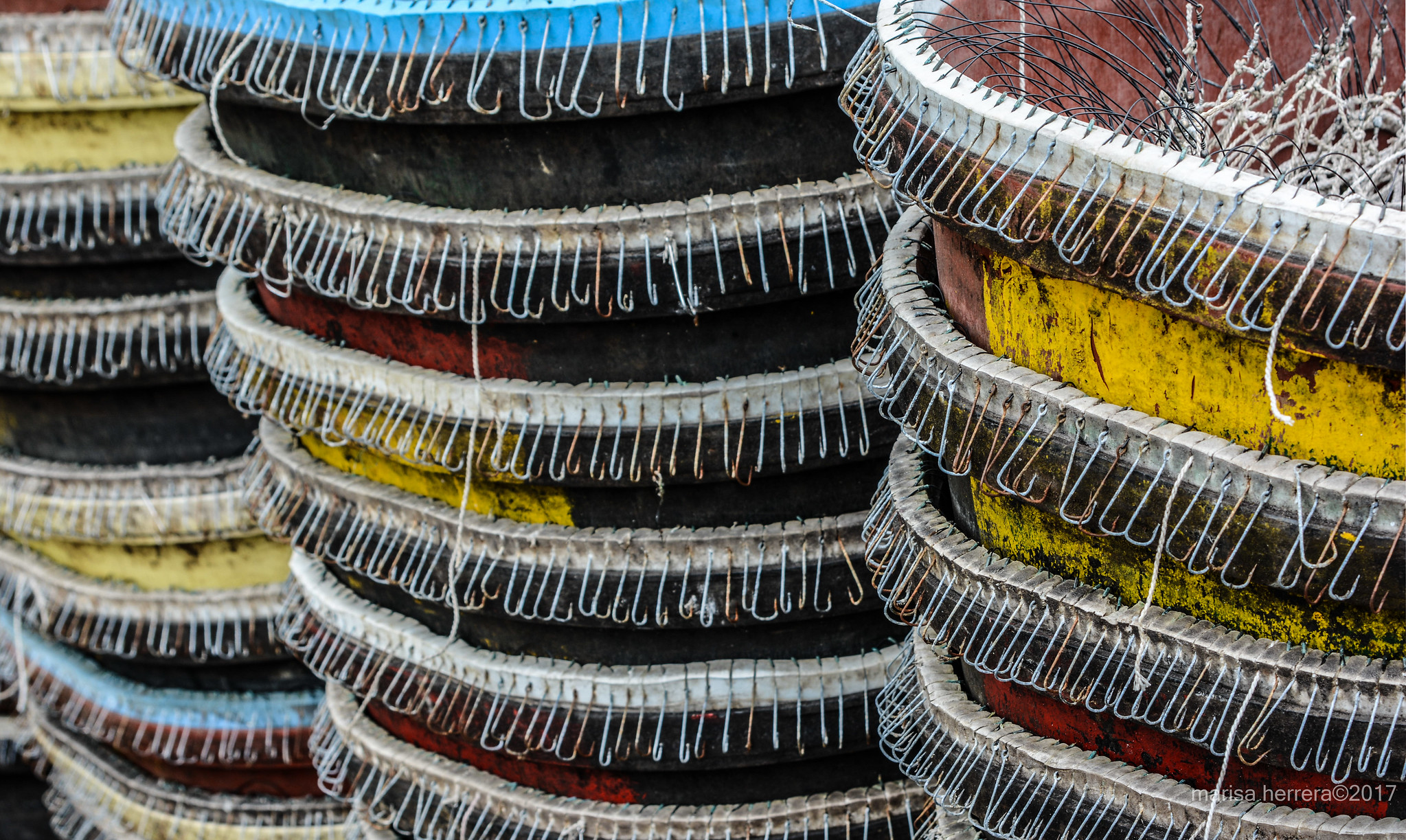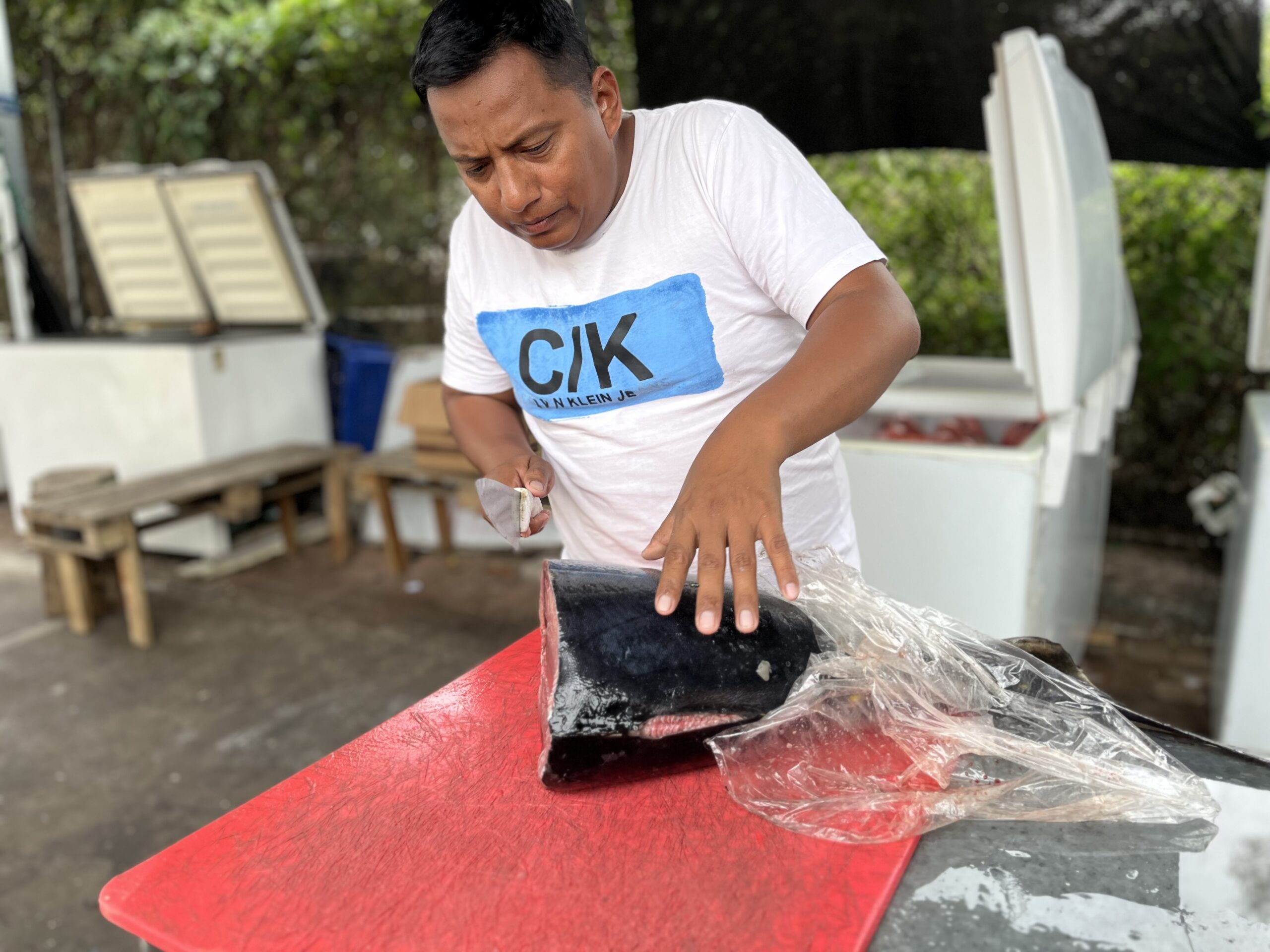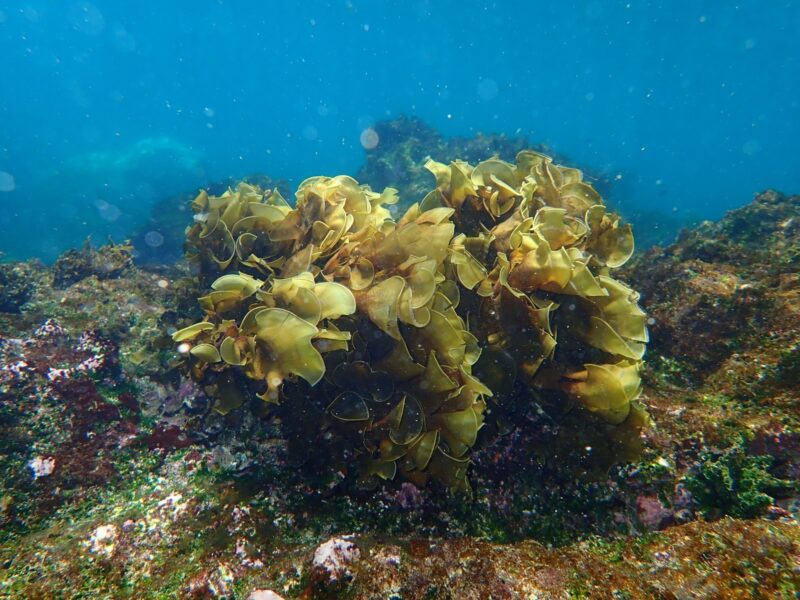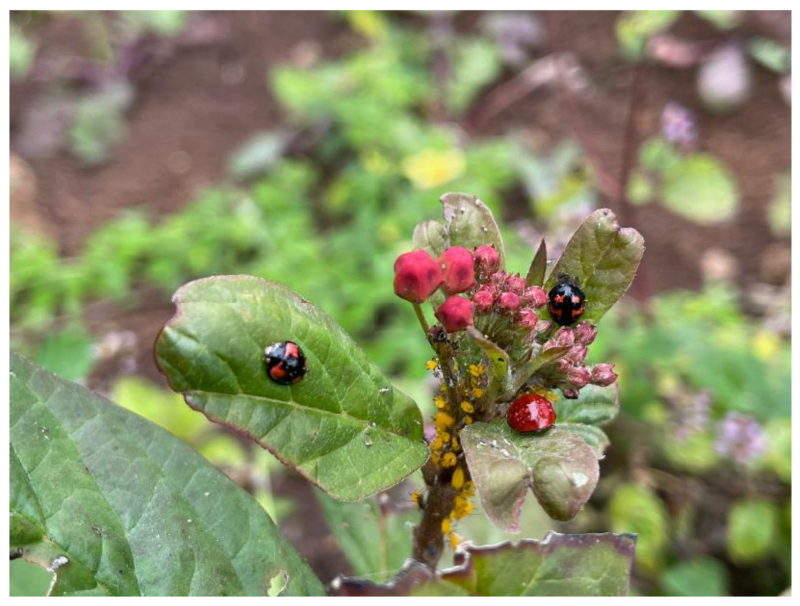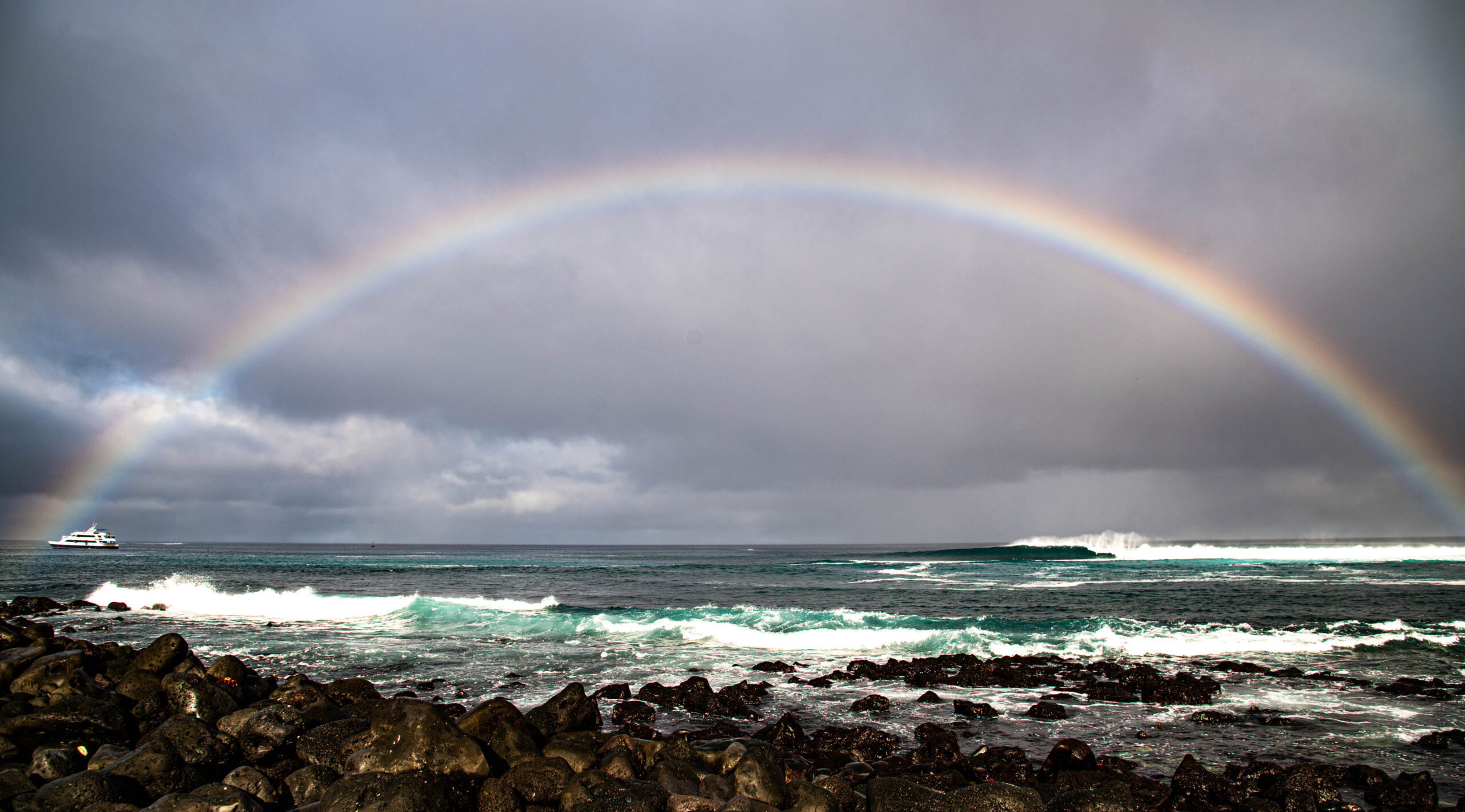
El Center for Galapagos Studies de la University of North Carolina at Chapel Hill recibe apoyo de Royal Caribbean Group para mejorar programas locales y experiencias estudiantiles
El Center for Galapagos Studies de la University of North Caroline at Chapel Hill (UNC) ha recibido una contribución de $600,000 de Royal Caribbean Group para apoyar iniciativas de investigación y aprendizaje, permitiendo la expansión de proyectos de investigación, programas de desarrollo comunitario y de participación estudiantil. El Center for Galapagos Studies de UNC-Chapel Hill es socia de la Universidad San Francisco de Quito (USFQ) para manejar el Galapagos Science Center (GSC) que es el único centro científico universitario de su tipo en el archipiélago.

